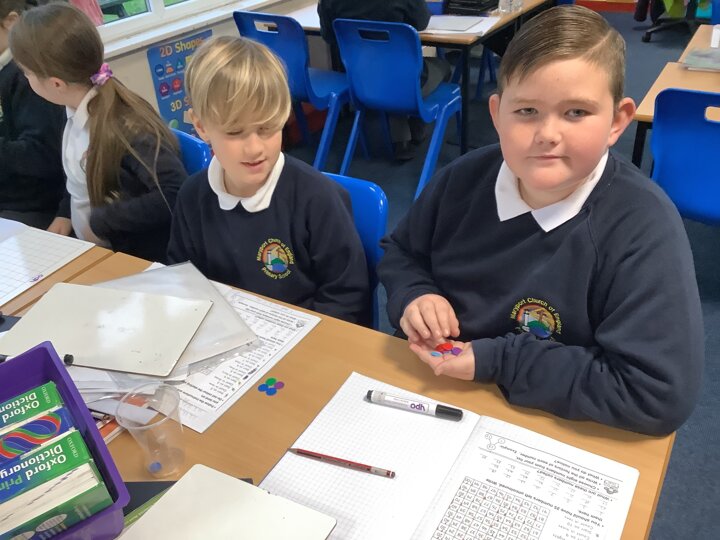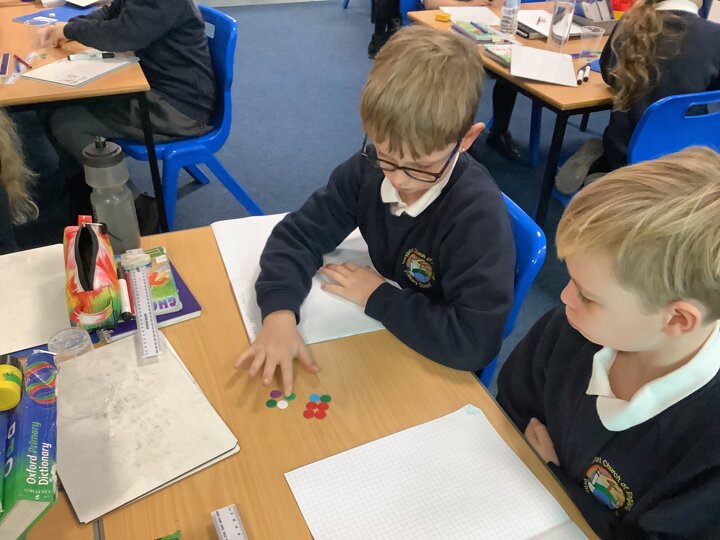At Maryport Church of England Primary School, we believe that every child can ‘Learn, Achieve and Shine’ across all of the curriculum. In Mathematics we follow a mastery approach, embedding the belief that every child can succeed in Maths. We ensure that children are able to recognise the importance of Maths in the wider world and that they are able to use their mathematical skills and knowledge confidently in their lives in a range of different contexts. We want all children to enjoy and be excited about Mathematics, ensuring that every child can experience success, with the ability to reason mathematically. We are committed to developing children’s curiosity about, as well as an appreciation of, the beauty and power of Mathematics.
We will provide opportunities for the children to develop their basic skills, fluency and recall, building on and nurturing their natural curiosity from the Early Years upwards. Children will be supported in developing their ability to apply their learning to contextual problems, alongside their ability to articulate their understanding using the correct mathematical vocabulary. Our pupils should leave our school well prepared for their next step of mathematical learning.
As a school, we are following the DFE approved, White Rose Maths Hub’s ‘small steps’ planning from EYFS up to Year 6. Key staff have undergone training through the DFE funded Maths Mastery programme and have cascaded training to ensure that staff at all levels understand the pedagogy of the approach. Teachers have access to the White Rose Maths resources but can draw on other resources to support their teaching. The children begin with concrete equipment, before moving to pictorial then abstract concepts. Each lesson should incorporate fluency, taught with a mastery approach, allowing all children, including SEND and disadvantaged, to participate, there should also be reasoning and problem solving tasks available too. Staff are expected to follow and model the school’s calculation policy.
Formative assessment is ongoing and staff are encouraged to use fluid groupings to ensure every child’s strengths and weaknesses are catered for with suitable differentiation. This means that every pupil should make good personal progress within each lesson. Big Maths is used from Year 1 onwards to identify children’s individual weaknesses, allowing these to be targeted in small group sessions and ensuring good progression in basic maths’ skills. Summative assessment is reported termly using NFER assessments, with White Rose Maths end of unit assessments used to support teacher judgements.
Maths Intent, Implementation and Impact















